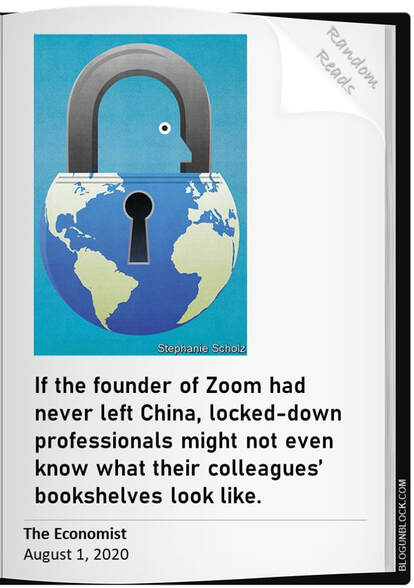|
There are emotive reasons why covid-19 might make countries less willing to accept foreigners even after a vaccine is discovered and the pandemic is suppressed. People are scared: not only of this pandemic but also of the next. Many associate foreigners with disease. Many voters believe that migrants take jobs from the native-born, and so would keep curbs on immigration even after other travel restrictions are loosened. Both these fears are electorally potent, but neither is well-founded. Tourists and business travellers vastly outnumber migrants. When it is possible to open borders to short-term travellers, it should also be possible to open them for migrants. Unlike tourists, people who plan to stay for years will not object to a two-week quarantine on arrival. The precautions that work best—social distancing, contact-tracing, handwashing and testing—pay no heed to nationality. Nor does the virus. The idea that more migrants means fewer jobs for locals in the long run is an example of the fallacy that the economy has a fixed “lump of labour”. As well as spending their wages, which supports new jobs, migrants bring a greater diversity of skills to the workforce, allowing the labour market as a whole to operate more efficiently. They make WFH safer and more productiveHowever, even as covid-19 has immobilised the world, it is making some people appreciate the benefits of mobility. Many voters in rich countries have noticed that doctors are often migrants: 53% in Australia, 29% in America. The same is true of nurses, care-home workers and virus-busting mop-wielders. When people bang pots for health-care workers, they applaud a lot of foreigners. Migrants are also over-represented among those who make it possible for others to work safely and productively at home, by harvesting and processing food, delivering parcels and fixing software bugs. They turbocharge innovation, too. Some 40% of medical and life scientists in America are foreign-born. Vaccine research depends on large teams of talents from all around the world. Half the big American tech firms were founded by a first- or second-generation immigrant. If the founder of Zoom had never left China, locked-down professionals might not even know what their colleagues’ bookshelves look like. When the coronavirus is vanquished, migration will still be what it was before: a powerful tool that can lift up the poor, rejuvenate rich countries and spread new ideas around the world. A pandemic is no reason to abandon it. Adapted from The Economist, August 1, 2020.
1 Comment
|
Vijayakumar Kotteri
Abstracts from works of different authors. Archives
November 2021
Categories |


 RSS Feed
RSS Feed






